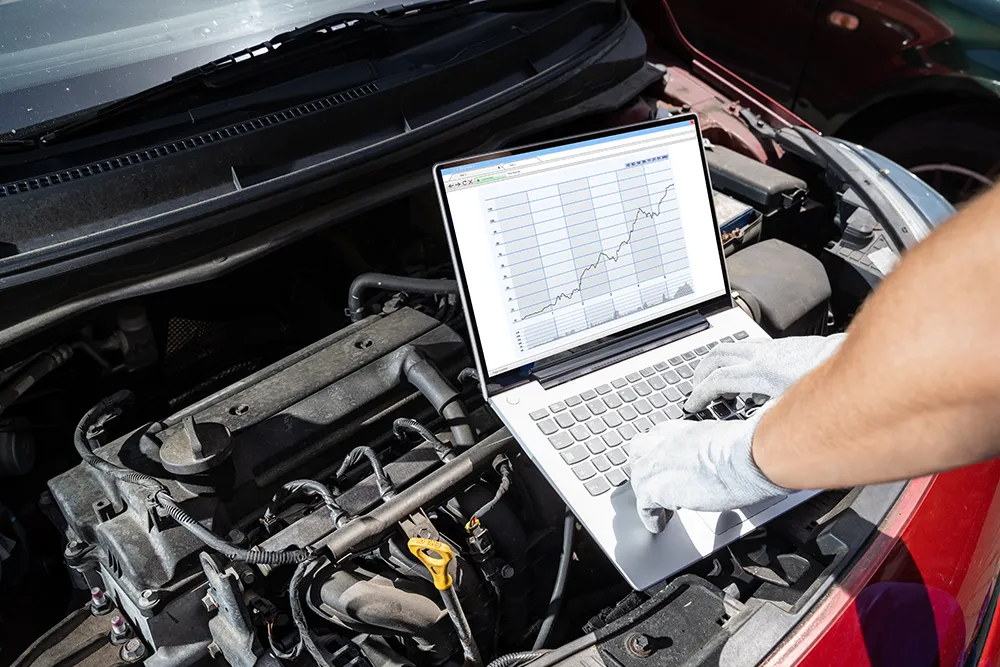When your car is acting up, it can be a stressful and confusing experience. One of the most crucial steps in resolving automotive issues is the process of auto diagnostics. Understanding the importance of auto diagnostics can help you maintain the health of your vehicle and avoid costly repairs down the road.
What are Auto Diagnostics?
Auto diagnostics is the process of identifying and assessing issues with your vehicle using specialized tools and equipment. By connecting these tools to your car’s onboard computer system, trained technicians can access data and codes that help pinpoint the root cause of any problems your vehicle may be experiencing.
Benefits of Auto Diagnostics
- Early Problem Detection: Auto diagnostics can help to detect issues in your vehicle early on, preventing them from escalating into more significant and costly problems.
- Efficient Repairs: By accurately identifying the issue through diagnostics, technicians can quickly and efficiently make the necessary repairs, saving you time and money.
- Improved Performance: Resolving issues through auto diagnostics can lead to improved overall performance and fuel efficiency of your vehicle.
- Enhanced Safety: Identifying and fixing potential safety hazards in your vehicle through diagnostics can help keep you and your passengers safe on the road.
- Preventive Maintenance: Regular auto diagnostics can help catch minor issues before they become major problems, allowing for proactive maintenance and potentially extending the lifespan of your vehicle.
Common Diagnostic Tests
- Check Engine Light: One of the most common indicators of a problem in modern vehicles is the check engine light. A diagnostic scan can reveal the specific issue triggering the light.
- OBD-II Scan: An On-Board Diagnostics (OBD-II) scan is a standard diagnostic tool that can read codes from your vehicle’s computer system to diagnose issues related to the engine, transmission, and emissions.
- Electrical System Testing: Diagnostic tools can also be used to test the electrical system of your vehicle, including the battery, alternator, and starter, to ensure they are functioning properly.
- Brake System Diagnostics: Diagnostic tests can help identify issues with your vehicle’s braking system, such as worn brake pads or faulty sensors, to ensure your safety on the road.
- Performance Analysis: Advanced diagnostic tools can perform performance analysis tests to assess the overall health and efficiency of your vehicle’s engine and systems.
Choosing the Right Auto Repair Shop
When it comes to auto diagnostics, choosing the right repair shop is essential. Look for a shop with experienced technicians, access to advanced diagnostic equipment, and a reputation for providing reliable and transparent service. Regularly scheduling auto diagnostics as part of your vehicle maintenance routine can help you catch problems early and keep your car running smoothly for years to come.
Final Thoughts
Don’t wait until your car breaks down to address issues. By understanding the importance of auto diagnostics and prioritizing regular maintenance, you can ensure the longevity and performance of your vehicle while avoiding costly repairs in the future. Trusting your vehicle to skilled technicians who prioritize auto diagnostics is a smart investment in the health and safety of your car.

